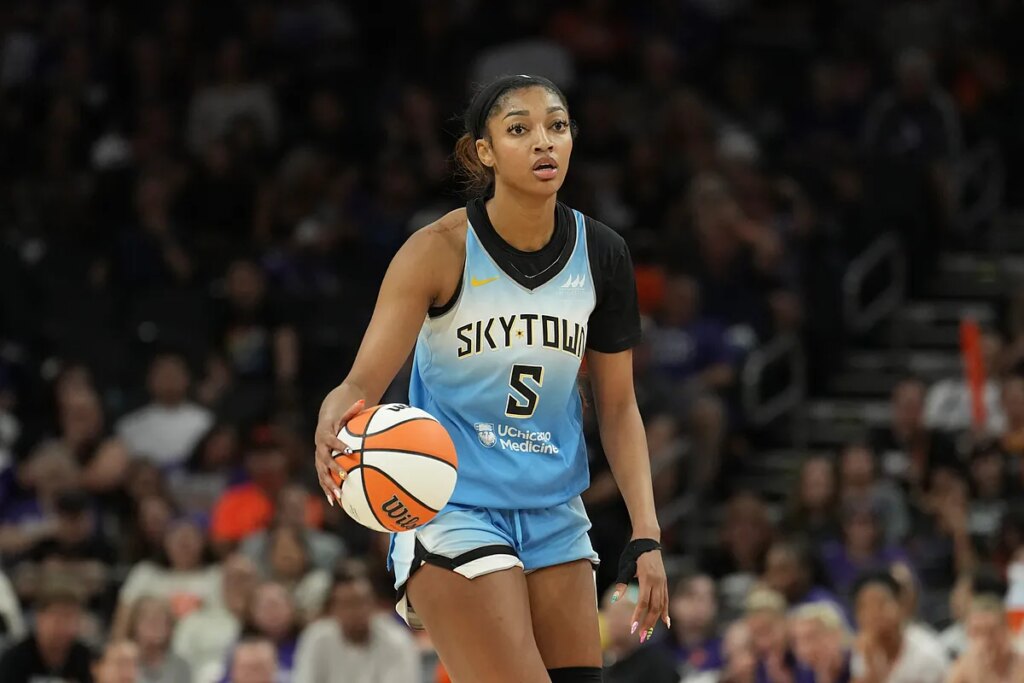The WNBA landscape is heating up this season, and the spotlight isn’t just on the on-court action – it’s on the off-court negotiations that could reshape the league.
Tensions are rising over the upcoming collective bargaining agreement (CBA) between the WNBA and its players’ association, and one player has recently been at the center of social media chatter.
Angel Reese, the rising star for the Chicago Sky, has been cited in reports suggesting she is ready to skip games over pay equity. In reality, the situation is more nuanced than headlines suggest.
Since the last CBA was signed in 2020, the WNBA has undergone a significant transformation. Viewership and sponsorship interest are at record highs, and marquee names are joining the league, boosting its visibility and profile.
This growth has intensified the push for better player compensation, as athletes argue that their pay still lags far behind that of NBA counterparts despite the league’s financial success.
Negotiations over revenue sharing and salary structures have proven challenging, and a delay in reaching consensus has fueled speculation about potential strikes or lockouts.
The negotiation standoff and what it means
Recently, a quote attributed to Angel Reese began circulating widely on social media: “I promise you, we aren’t going to play unless we get NBA money.” However, it doesn’t appear that Reese ever made this statement.
While she has been vocal about fair compensation and actively involved in union discussions, she did not threaten to skip the season over matching NBA salaries.
In a podcast earlier this year, she stated: “We deserve more… I need to be in the [players’ union] meetings because I’m hearing that if ya’ll don’t give us what we want, we sitting out.” Her remarks reflect frustration and a desire for stronger player representation, rather than a definitive ultimatum.
Reese’s reported rookie and sophomore salaries were approximately $73,439 and $74,909, respectively. By comparison, NBA players earn nearly half of league revenue, highlighting a significant pay gap that has fueled calls for change.
The WNBA and the players’ union extended their negotiation deadline by 30 days, signaling that no agreement has yet been reached and leaving fans and players uncertain about the season ahead.
As the WNBA’s popularity continues to soar, any work stoppage could have serious repercussions. For Reese and other players, the issue isn’t simply matching NBA salaries – it’s securing a fair share of the league’s growth and ensuring long-term sustainability.
With more eyes on the negotiations than ever, the outcome will not only affect players’ livelihoods but could also define the trajectory of the league in the years to come. Fans and analysts alike are watching closely, aware that the voices of the players are becoming impossible to ignore.
Read the full article here

